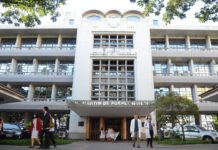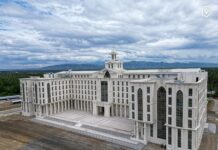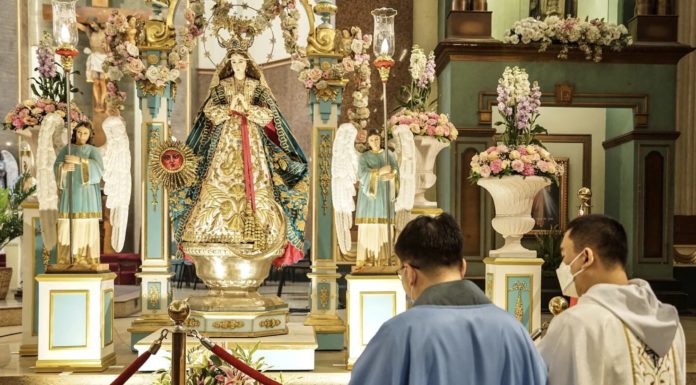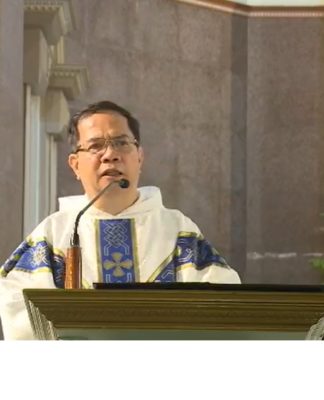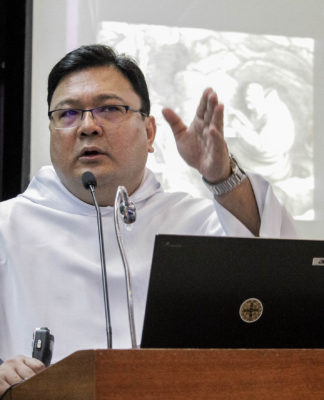November 17, 2015, 4:10p.m. – NOT ALL jobs require a bachelor’s degree.
Member-economies of the Asia-Pacific Economic Cooperation (APEC) forum were urged Monday to encourage young people to take up vocational education or training courses to address the lingering problem of job mismatch.
In a press conference, Eduardo Pedrosa, secretary general of the Pacific Economic Cooperation Council (PECC), an official APEC observer, said educational reforms in developed countries had boosted economic growth by 5 percent. Changes in education also yielded extra income of $3,000 per person, he added.
The Philippines can follow the lead of Singapore and Germany, where business groups and universities tied up to introduce new courses in line with job requirements, Pedrosa told reporters at the APEC International Media Center.
This can be done specifically in the service sector, which accounts for more than half of the Philippines’ gross domestic product as well as employment. “Jobs change and the labor market is changing so quickly,” Pedrosa said. “It is less about specific skills but the ability to learn more skills that will help [those looking for jobs],” he added.
Results of a PECC survey, conducted between December 2014 and October 2015 among respondents in the government, business and the academe, showed that APEC leaders should focus on five areas to help achieve “inclusive” economic growth:
1.) provision for quality public education;
2.) reduction of corruption;
3.) support for micro, small and medium enterprises (MSMEs);
4.) provision for quality health services;
5.) and provision for social safety nets such as health care, unemployment and pensions.
Aquino to focus on human dev’t, infra, tourism
On Monday, President Benigno Aquino III told the APEC CEO Summit at Makati Shangri-La Hotel that the Philippine government would focus on human development, infrastructure and tourism to deal with the global economic slowdown.
Aquino highlighted the role of MSMEs in the Philippine economy in his keynote speech during the APEC SME Summit at the Green Sun Hotel in Makati, Tuesday.
“We want Filipino MSMEs to be able to participate more in that trade: we want to help them make the most of the vast market that regional economic integration provides,” he said.
Aquino said the Filipino people are the country’s strongest competitive advantage and most important resource. “By pouring massive funds into health, education, and other social services, we have empowered our countrymen to participate more fully in economic growth,” he said in his address.
APEC meetings open
The APEC Economic Leaders’ Week opened Monday in Manila with the meeting of APEC ministers, led by Foreign Affairs Secretary Albert del Rosario and Trade Secretary Gregory Domingo.
Leaders of the 21 APEC economies will meet on Nov. 18-19 at the Mall of Asia Arena and the Marcos-era Philippine International Convention Center.
It is the second APEC hosting for the Philippines, after the the successful 1996 APEC summit in Subic Bay, the former American naval base.
This time, APEC meetings are being held in Metro Manila, causing disruption in work, school, and traffic flow. Roxas Boulevard was ordered closed to traffic while a special lane for APEC-accredited vehicles was opened on Epifanio de los Santos Avenue, from Shaw Boulevard to Roxas Boulevard.
Classes and work in government offices were suspended Nov. 17 to 20 and for the private sector, Nov. 18 to 19, to ease traffic in Metro Manila. Universities in Manila such as UST and De La Salle University had suspended classes as early as Monday, Nov. 16.
APEC, established in 1989, is composed of 21 member-economies, namely: Australia, Brunei Darussalam, Canada, Indonesia, Japan, South Korea, Malaysia, New Zealand, the Philippines, Singapore, Thailand, the United States, the People’s Republic of China, Taiwan, Hong Kong, Mexico, Papua New Guinea, Chile, Peru, Russia, and Vietnam. with a report from Roy Abrahmn Narra


